Social class professional career progression paradox
A working class background is the biggest barrier to career progression in professional services. However, professionals that breakthrough accelerate development.
An individual’s socio-economic background is biggest barrier to career progression according to The Social Mobility Progression Report 2022: Mind the Gap published by KPMG, a global network of professional firms providing financial services.
The data analysed by the Bridge Group, a non-profit consultancy that uses research to promote social equality, showed that socio-economic background, measured by parental occupation, had the strongest impact on how quickly an individual progressed through the managing consulting firm. It outweighs all other diversity characteristics.
The Bridge Group examined the career paths of 16,500 employees over a five-year period. It examined the average time it took individuals to be promoted, looking at their gender, ethnicity, disability, sexual orientation as well as socio-economic background.
Individuals from lower socio-economic backgrounds took on average a fifth longer to progress to the next grade, when compared to those from higher socio-economic backgrounds.
The management progression paradox
The Social Mobility Progression Report 2022: Mind the Gap found that its senior and junior colleagues are its most socio-economically diverse cohorts, but middle management grades are comparatively less diverse, suggesting colleagues from a low socio-economic background face a bottleneck as they try to progress to middle-management roles.
Beyond management level a counter intuitive trend emerges. KMPG found that as people became more senior, those from lower socio-economic backgrounds who were promoted from director to partner progressed more quickly, compared to higher socio-economic background.
This reversal of the progression gap between director and partner level mirrors the findings of KPMG’s socio-economic background pay gaps analysis, published in 2021 which reported that the socio-economic background diversity of its workforce was hourglass in shape.
Impact of intersectional issues
The report also found a recurring ‘hierarchy of progression’ based on combined characteristics. Where there are intersections between lower socio-economic background and other characteristics, this has a significant effect. Lower socio-economic background combined with female gender identity and/or ethnic minority background is associated with the slowest progression.
The highest gap identified of 32% between an Asian male from a higher socio-economic background and a white female from a lower socio-economic background means that if it took the former five years to reach a certain grade, it would take the latter around 20 months longer to do so – six years and eight months.
While KPMG’s analysis of progression rates is the most comprehensive of any single organisation to date, studies by other organisations have revealed similar findings, emphasising progression inequalities are across different sectors.
Intervention at management level in public relations
The Social Mobility Progression Report 2022: Mind the Gap is consistent with my personal experience as someone from a lower socio-economic background working in professional services in the public relations industry.
Ambition and drive enabled me to achieve a management role within three years of graduating from university and drove me on to start my own business. The critical issue to my personal success was accessing learning and development support, and networks.
Sarah Waddington and I developed Socially Mobile to address this specific intervention and enable public relations practitioners to develop management skills. It delivers training to those from lower socio-economic backgrounds, as well as under-represented and under-served groups including ethnic minority practitioners, the LGBTQ+ community, women returners, and those with disabilities.
If you’re a public relations professional and would like to apply for a place on the next Socially Mobile programme please consider applying. The deadline for the next cohort is 8 January.
To read KPMG’s Social Mobility Progression Report: Mind the Gap in full, please click here.
